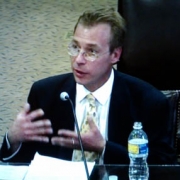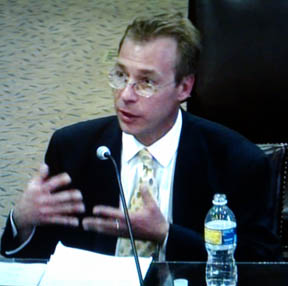COVID-19, what could it cost you?

By Nissa Shaffi, NCL Associate Director of Health Policy
As the nation continues to navigate the COVID-19 pandemic, another top-of-mind concern is the cost associated with both testing and treatment for the illness. Between the boldness of certain state officials relaxing restrictions and the rapid ascension of cases, exposure to COVID-19 will inevitably rise.
The reassuring news is that the majority of Americans diagnosed will be able to recover from home. But what if you’re among the 15 percent that will need hospitalization? This subset of the population will require the most acute care, including admission into an intensive care unit and use of a ventilator. Between testing and treatment, there are a lot of factors for the consumer and patient to consider—outright costs of care, as well as cost-sharing (co-pays, deductibles, out-of-network costs, and more)—we did some of the research below.
Testing
- Affordable Care Act (ACA)-compliant Plans: Under the Families First Coronavirus Response Act, all comprehensive health plans (individual, employer-sponsored, or ACA marketplace plans), must cover testing for COVID-19 at 100 percent.
- Medicare & Medicaid: Testing is covered at *100 percent for Medicare and Medicaid.
- Uninsured: Testing will be covered at 100 percent by Medicaid, as mandated by the CARES Act.
- Non-ACA-Compliant Plans: Testing coverage may vary for consumers with non-ACA-compliant plans (i.e., short-term plans), as these plans are not subject to the protections found in the ACA.
Apart from non-ACA plans, there’s testing done in an emergency room, urgent care, or physician’s office, and all that should be covered. In addition, the health plan cannot impose prior authorization or cost-sharing restrictions (i.e., copays, deductibles, coinsurance) on the patient. Of course, access to testing is currently limited to those with symptoms or those working in health care facilities or other consumer-facing businesses. There are still strict *criteria established by the Centers for Disease Control and Prevention (CDC).[1]
Treatment
Newly passed emergency bills do not address coverage of treatment. The Kaiser Family Foundation estimates that out-of-pocket costs for COVID-19 treatment for someone insured on an employer-based health plan could run upwards of $10,000, provided that there are no complications. For patients that require more acute care, costs could reach $20,000.
ACA-Compliant Plans: Health plans are not required to fully cover the cost of positive tests. A majority of the treatments for COVID-19 under ACA-compliant plans will qualify as essential health benefits, and as such will be covered. However, every state defines its own criteria for essential health benefits, and it is possible that some treatments will not be covered, based on where you live. Furthermore, coverage may vary depending on the type of group health plan you have (large vs. small).
Cost-sharing will also likely be imposed. Marketplace plans are required to cap maximum out-of-pocket costs for services covered in-network. In 2020, the maximum out-of-pocket cap is $8,150, meaning that if your care is deemed medically necessary, your out-of-pocket costs should not exceed that amount. Some plans have offered to cover patient-cost sharing for out-of-network care for COVID-19 in the absence of in-network availability. As an emergency course of action, several health plans have waived out-of-pocket costs like copays and coinsurance associated with treatment for COVID-19. To see where your health plan stands, click here.
Medicare and Medicaid: Medicare Part A (hospital stays) and Part B (doctor’s visits) will continue to charge copays and deductibles. The deductible for a 60-day hospital stay under Part A is $1,408. For Part B, the annual deductible is approximately $200. Cost-sharing related to Medicare Advantage and Medicaid plans will depend on your individual plan.
Uninsured: The Trump Administration has announced that part of the $100 billion of the $2 trillion appropriated for COVID-19-related relief in the CARES Act will be dedicated to reimbursing providers who treat uninsured patients. Provisions within the law include treatment for primary diagnosis of COVID-19 in a variety of settings, both emergency and non-emergency transportation, and post-acute care. Services that will be excluded from coverage include hospice and outpatient prescription drugs.
While further guidance is pending, Health and Human Services Secretary Alex Azar has clarified the following: “as a condition of receiving funds under this program, providers will be forbidden from balance billing the uninsured for the cost of their care.” This caveat reinforces that providers would get reimbursed at Medicare rates for delivery of uncompensated care and cannot balance bill the difference between Medicare reimbursement and the hospital’s charges.
In addition to the above, the law*prohibits hospitals from charging patients beyond what they would pay in-network or what Medicare pays. The mandate against surprise billing serves to protect patients covered by government programs, employer-based plans, and self-purchased insurance.
Also, the growing loss of employer-based health coverage has prompted several states to extend their special enrollment periods to accommodate newly unemployed/uninsured patients during the pandemic. To see if you qualify for a special enrollment period, click here.
Non-ACA-Compliant Plans: Off-marketplace plans are not regulated by the ACA, and this could affect coverage for COVID-19-related treatment, where there is a possibility that treatment may not be covered outright. Examples of non-ACA plans include short-term health, fixed indemnity, and critical illness plans. These plans do not qualify for minimum essential coverage and are insufficient on their own, in our view.
Understanding insurance benefits can be daunting under ideal circumstances, let alone during a global health crisis. Consumers need enhanced accessibility and coverage now more than ever and NCL commends health plans for acting promptly to waive various cost-sharing measures. NCL urges Congress to continue to fortify and provide clear guidance for consumer protections, to ensure that they are not left stranded without vital care. Consumers, please know that there are COVID-19-related resources available to you—for more information, click here.
[1] To find a drive-thru testing site near you, click here.
*Links are no longer active as the original sources have removed the content, sometimes due to federal website changes or restructurings

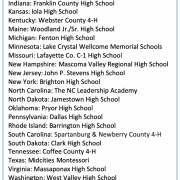
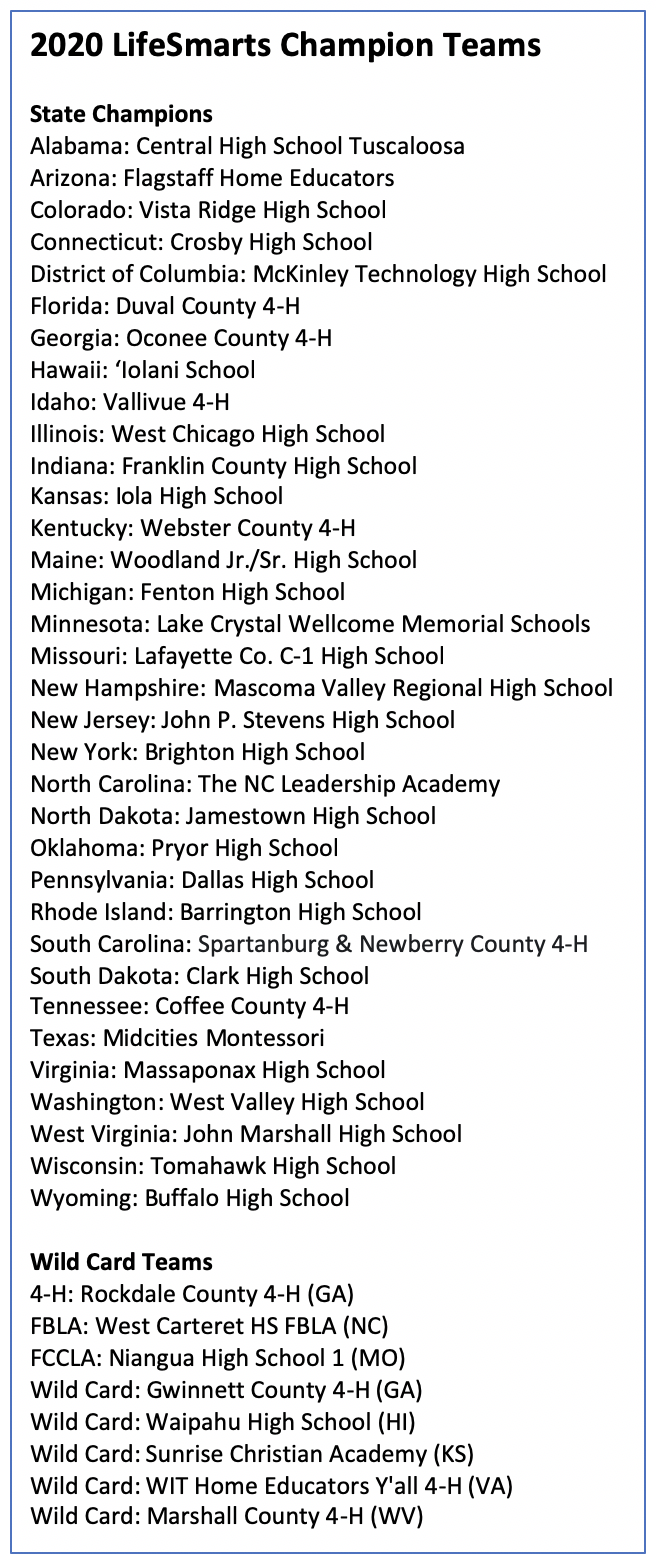
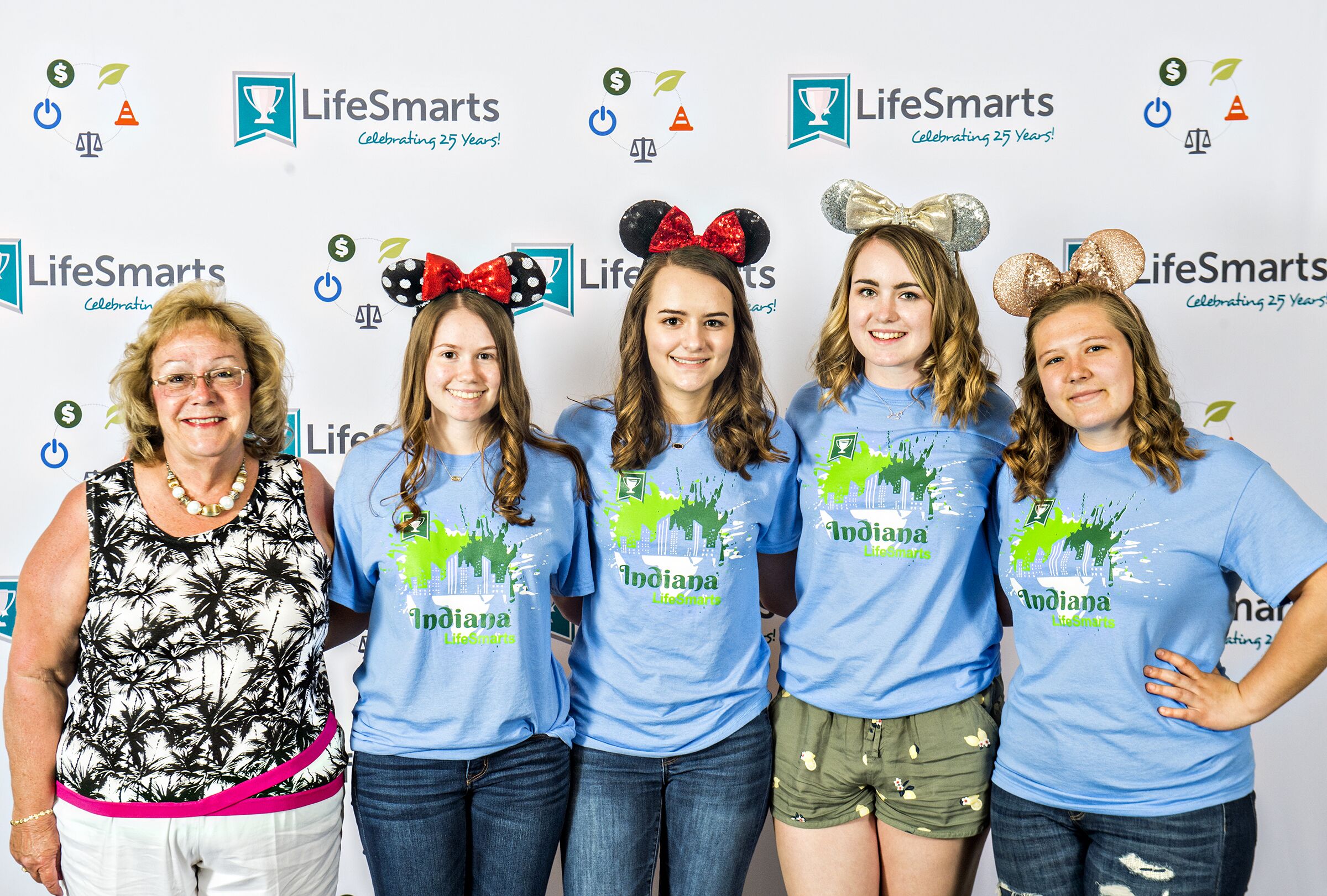 “Mrs. Slaven sees LifeSmarts as an organization that teaches students things that they will need in their lives, that they aren’t necessarily exposed to in school. That is the reason why she is so invested and has given back to LifeSmarts as a coach for so many years. Mrs. Slaven is dedicated to the success of each student, not only in LifeSmarts but in our lives as well. Mrs. Slaven has led many teams to National Competitions throughout the years and has not failed to highly motivate and prepare each team. I think this says a lot about how caring and dedicated she is. She juggles the duties of LifeSmarts along with being department head of the business department. This year Mrs. Slaven is retiring, and is so deserving of this great honor due to everything she has given to us, and LifeSmarts throughout the years.”
“Mrs. Slaven sees LifeSmarts as an organization that teaches students things that they will need in their lives, that they aren’t necessarily exposed to in school. That is the reason why she is so invested and has given back to LifeSmarts as a coach for so many years. Mrs. Slaven is dedicated to the success of each student, not only in LifeSmarts but in our lives as well. Mrs. Slaven has led many teams to National Competitions throughout the years and has not failed to highly motivate and prepare each team. I think this says a lot about how caring and dedicated she is. She juggles the duties of LifeSmarts along with being department head of the business department. This year Mrs. Slaven is retiring, and is so deserving of this great honor due to everything she has given to us, and LifeSmarts throughout the years.”



